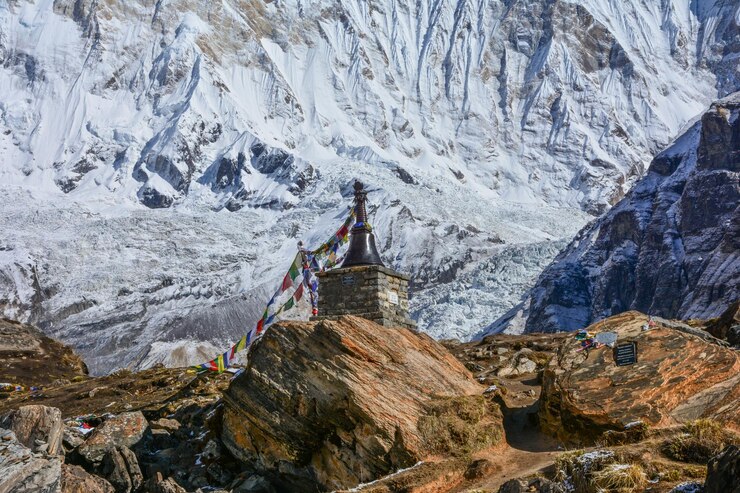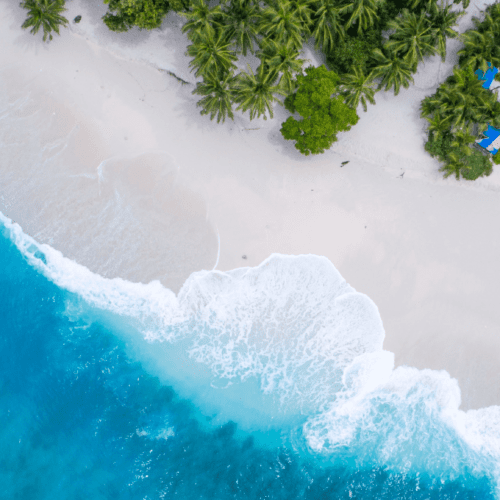Is Nepal Safe for Tourists?
Table of Contents
Nepal, a land of breathtaking landscapes, rich history, and vibrant cultures, is becoming an increasingly popular travel destination. If you’ve been asking yourself, “Is Nepal safe for tourists?,” you’re not alone. Many people wonder about safety before visiting this beautiful country. Fortunately, Nepal is safe for tourists, with a welcoming atmosphere, low crime rates, and plenty of opportunities to explore natural wonders. Whether you’re trekking in the Himalayas, exploring ancient temples, or enjoying the bustling streets of Kathmandu, you’ll find that Nepal is safe for tourists with just a few safety tips in mind.
In this guide, we’ll address common concerns about Is Nepal safe for tourists, explore essential Nepal travel safety tips, discuss safety for solo travelers in Nepal, and highlight how to stay safe in Nepal trekking areas. We’ll also touch on cultural etiquette to help you have a respectful and memorable experience. Keep reading to learn why Nepal is safe for tourists and how to make the most of your visit!
General Safety in Nepal

When it comes to asking, “Is Nepal safe for tourists?,” it’s important to highlight that Nepal is generally safe for tourists. The country has a low crime rate, and the Nepalese are known for their hospitality. Whether you’re in the bustling streets of Kathmandu or enjoying a quiet evening in Pokhara, you’ll find that most tourists feel safe.
However, like any travel destination, there are a few things to keep in mind. Petty crimes such as pickpocketing can happen, especially in crowded places. To avoid these inconveniences, be cautious in busy areas, and store your valuables securely.
It’s also worth mentioning that Nepal is safe for tourists even though some regions may experience occasional civil unrest or protests. These occurrences are rare, but it’s still a good idea to avoid political gatherings or demonstrations during your visit.
For the most up-to-date information, always check travel advisories before your trip, and stay informed about safety in Nepal during your stay.
Nepal Travel Safety Tips

Now that we’ve addressed the question, “Is Nepal safe for tourists?,” let’s look at some Nepal travel safety tips to ensure your trip is both enjoyable and secure:
- Watch Your Belongings: In busy markets and public transport, keep an eye on your belongings to avoid pickpockets.
- Register Your Travel Plans: For added peace of mind, register your itinerary with your embassy before you arrive.
- Stay Away from Protests: Political rallies are rare, but avoid them just in case they turn chaotic. It’s better to be safe than sorry.
- Check Travel Advisories: Stay informed about any travel restrictions, particularly if there are seasonal issues like road closures due to landslides or weather disruptions.
By following these Nepal travel safety tips, you’ll reduce the likelihood of any problems and stay safe throughout your trip.
Call-to-action:
Explore Nepal with QXP India for a journey beyond the ordinary. Discover curated itineraries designed just for you. Visit QXP India to plan your adventure today!
Conclusion
So, what is Nepal famous for? It’s famous for its mountainous landscapes, rich cultural heritage, and the warm hospitality of its people. Whether you’re trekking through the Himalayas, experiencing the unique culture of Nepal, or indulging in Nepalese cuisine, this incredible country offers an unforgettable experience for travelers from all walks of life. Get ready to explore the magic of Nepal and create memories that will last a lifetime.
Yes, Nepal is safe for female tourists. However, always take basic precautions such as staying in secure hotels and traveling in well-lit areas at night.
Absolutely! Nepal is safe for solo travelers. Just make sure to stick to established routes and choose trusted accommodations.
Tourist buses are generally safe, but be cautious about road conditions, especially in more remote areas. It’s advisable to book through reputable bus companies.
In case of an emergency, dial 100 for police and 102 for medical emergencies.
To prevent altitude sickness, gradually ascend to higher elevations and allow your body to acclimatize. Drink plenty of fluids and avoid exerting yourself too much.
Hepatitis A, hepatitis B, typhoid, and tetanus vaccinations are recommended before traveling to Nepal.
While Nepal is safe for solo travelers, it’s recommended to hike with a guide or in groups, especially on more challenging routes.
Stay calm, retrace your steps, and ask for help from fellow trekkers or locals. It’s always good to have a map or GPS device on hand.
Puneet Khurana
Related Articles
Where is Nepal Located | Best Time to Visit Nepal | What Language is Spoken in Nepal | Places to Visit in Nepal | What are People from Nepal Called | Kathmandu Beautiful Nepal | Best Treks in Nepal | Nepal Weather by Month | What is Nepal Famous For | Is Nepal Safe for Tourists | What is the Religion of Nepal | Trekking in Nepal for Beginners | Travel to Nepal from USA | Monsoon Season in Nepal | Nepal Adventure Travel Options | Nepal Sightseeing Highlights | Nepal Travel Guide for Beginners | Religion and Culture in Nepal | Scenic Spots in Nepal for Photographers | Top Attractions in Kathmandu and Nepal









